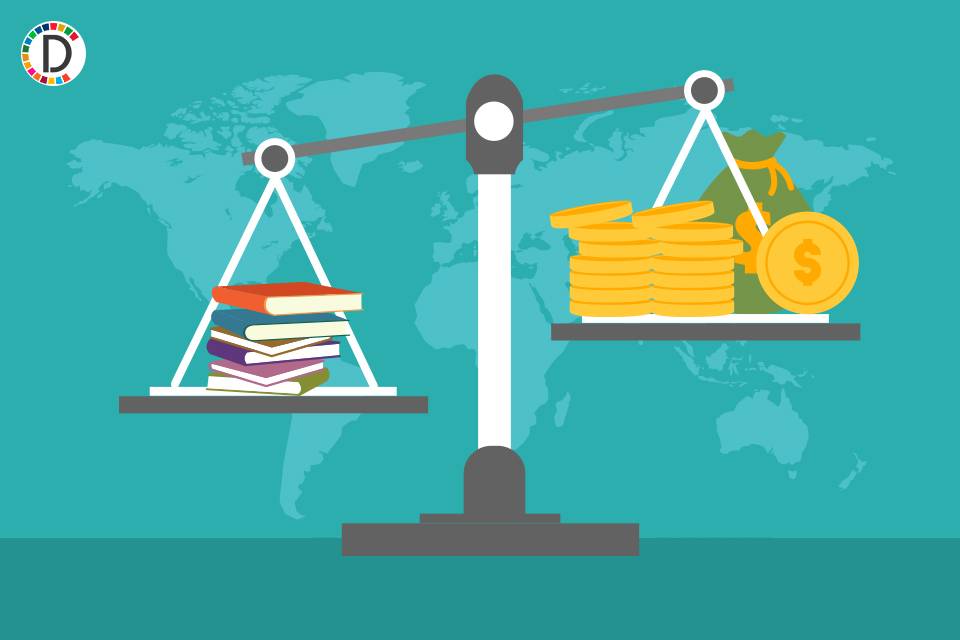Biden to host South Korea's Yoon for April 26 state visit
"to evolve more actively in preparation for the rapidly changing international situation and future uncertainties." The talks would cover combined defense posture, extended deterrence and high-tech and economic security, and enable a "'strong alliance in action' that protects the lives and safety of the peoples of both countries," the spokesperson said in a statement. The announcement comes after South Korea said on Monday its companies would compensate people forced to work under Japan's 1910-1945 occupation, seeking to end a dispute that has undercut U.S.-led efforts to present a unified front among the allies against China and North Korea.

U.S. President Joe Biden will host South Korean President Yoon Suk Yeol for a state visit on April 26, the White House and Yoon's office said on Tuesday.
White House Press Secretary Karine Jean-Pierre said the visit would celebrate the 70th anniversary of the U.S.-South Korea alliance and highlight Washington's "unwavering commitment" to South Korea. She said the leaders would discuss deepening political, economic and security ties. It will be the second state visit of Biden's administration after one by French President Emmanuel Macron in December.
Yoon's spokesperson said it would be the first state visit to the United States by a South Korean president since 2011 and mark a "historic milestone" for the alliance ... "to evolve more actively in preparation for the rapidly changing international situation and future uncertainties." The talks would cover combined defense posture, extended deterrence and high-tech and economic security, and enable a "'strong alliance in action' that protects the lives and safety of the peoples of both countries," the spokesperson said in a statement.
The announcement comes after South Korea said on Monday its companies would compensate people forced to work under Japan's 1910-1945 occupation, seeking to end a dispute that has undercut U.S.-led efforts to present a unified front among the allies against China and North Korea. The U.S.-South Korean alliance dates from the 1950-53 Korean War, which ended in a stalemate and in which China backed North Korea.
Washington and Seoul have sought since to contain North Korea but have been unable to halt its growing nuclear and missile programs which now threaten both allies. They also share concerns about China's growing might and Washington sees Seoul as a key partner in its efforts to rally allies to push back against Beijing.
As North Korea's nuclear capability increases, calls have grown within South Korea for the country to develop its own nuclear capability. Seoul has also sought a strengthening of extended deterrence, which refers to the ability of the U.S. military to deter attacks with its nuclear umbrella. Biden met Yoon in Cambodia in November and said after a trilateral summit involving Japan that the three allies were "more aligned than ever" on North Korea's "provocative behavior."
(This story has not been edited by Devdiscourse staff and is auto-generated from a syndicated feed.)










